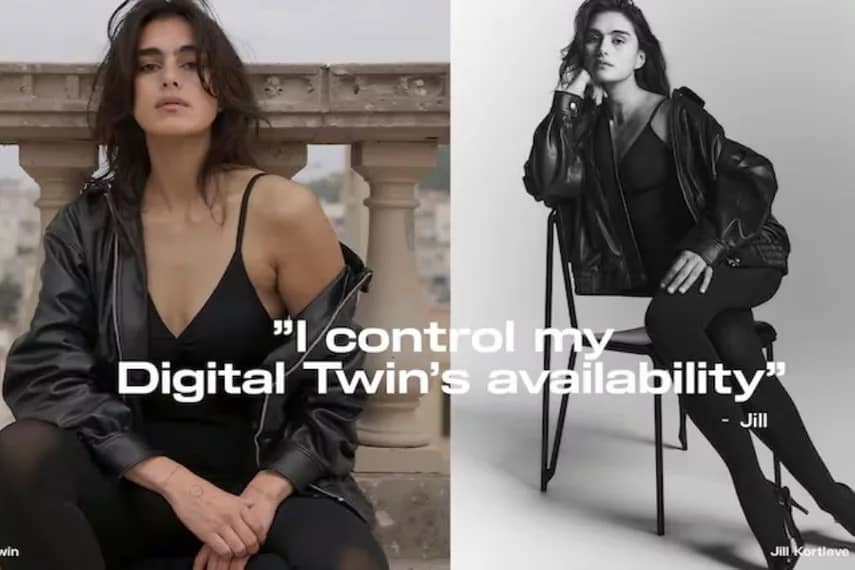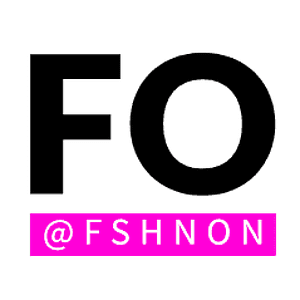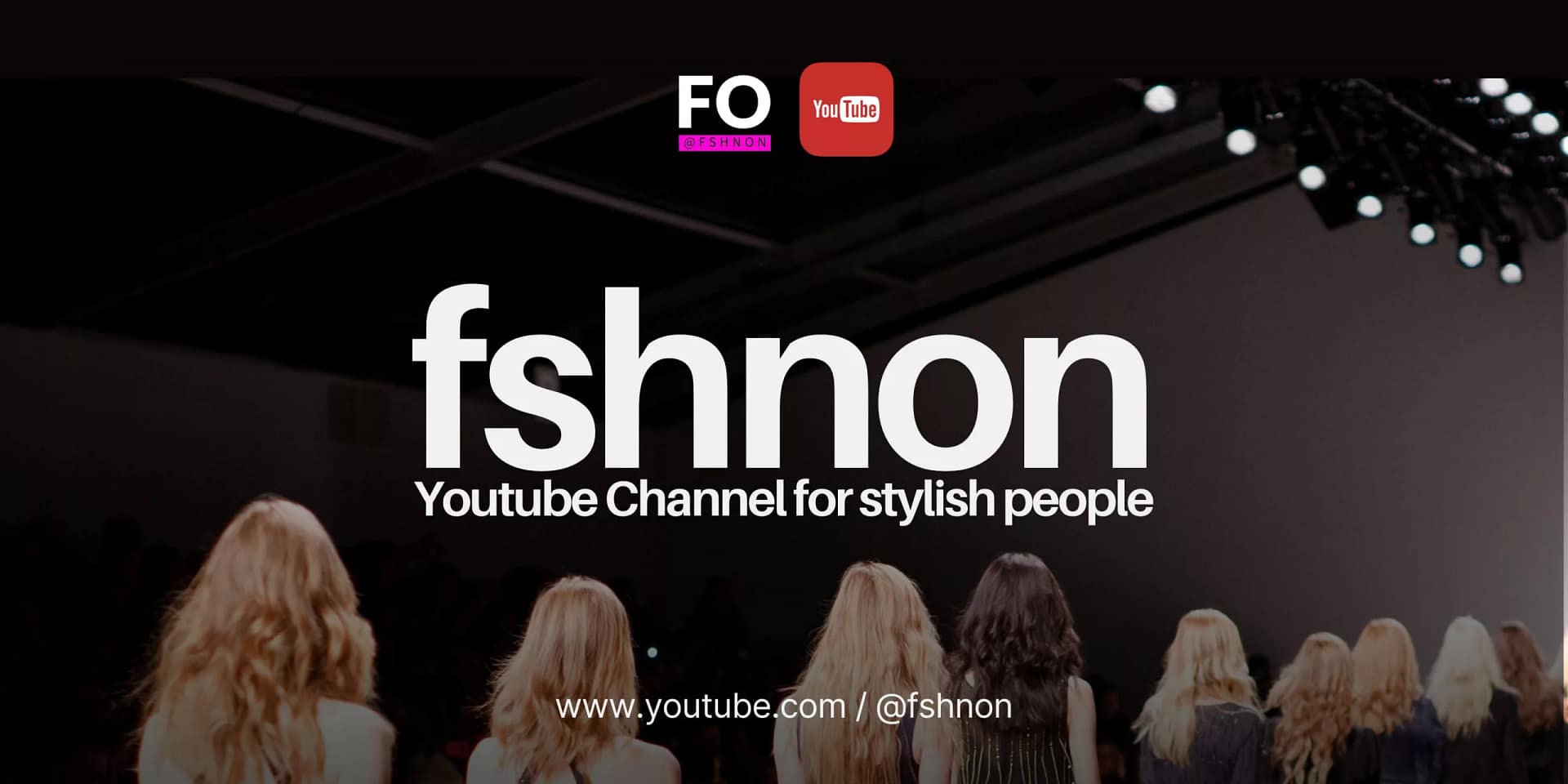The fashion industry is at a crossroads, embracing artificial intelligence (AI) to revolutionize marketing strategies. Leading brands like H&M and Mango are pioneering the use of AI-generated models, sparking a heated debate on the implications for creativity, diversity and employment within the sector.

H&M’s Foray into AI Modeling
H&M recently announced plans to create “digital twins” of 30 real-life models for use in social media and marketing campaigns. Jörgen Andersson, H&M’s Chief Creative Officer, asserts that this initiative will enhance the creative process without compromising the company’s human-centric approach. Models such as Vilma Sjöberg and Mathilda Gvarliani have expressed support, noting the convenience of being virtually present in multiple locations simultaneously. However, this move has raised concerns about potential job displacement and the ethical ramifications of replacing human models with AI counterparts.
Mango’s AI-Generated Campaigns
Similarly, Mango has ventured into AI-generated advertising, aiming to expedite content creation. While the company touts the efficiency of this approach, critics argue that it may mislead consumers and threaten jobs within the modeling industry. The use of AI models has been labeled as “false advertising” by some, who fear that it undermines the authenticity of fashion marketing.
The Rise of Virtual Influencers
The emergence of virtual influencers like Aitana López, a 25-year-old AI-generated model from Barcelona, exemplifies the growing trend of digital personas in fashion marketing. Created by Clueless AI, Aitana collaborates with brands and commands significant earnings per post. While her hyper-realistic appearance garners attention, it also blurs the lines between reality and digital fabrication, prompting discussions about transparency and consumer perception.
Industry Response and Ethical Considerations
The integration of AI models has elicited mixed reactions within the fashion community. Advocates highlight the potential for increased diversity and inclusivity, as AI can generate models of various body types and ethnicities, addressing longstanding representation issues. Conversely, detractors caution against the dehumanization of fashion and the potential loss of jobs for models and creative professionals. Sara Ziff of the Model Alliance emphasizes concerns regarding fair compensation and the preservation of human artistry in fashion.
Future Outlook
As AI technology continues to evolve, its role in fashion marketing is poised to expand. Companies must navigate the delicate balance between innovation and ethical responsibility, ensuring that the adoption of AI enhances rather than diminishes the industry’s creative and human elements. Transparent practices, equitable compensation, and a commitment to diversity will be crucial in shaping a future where AI and human talent coexist harmoniously in fashion marketing.









